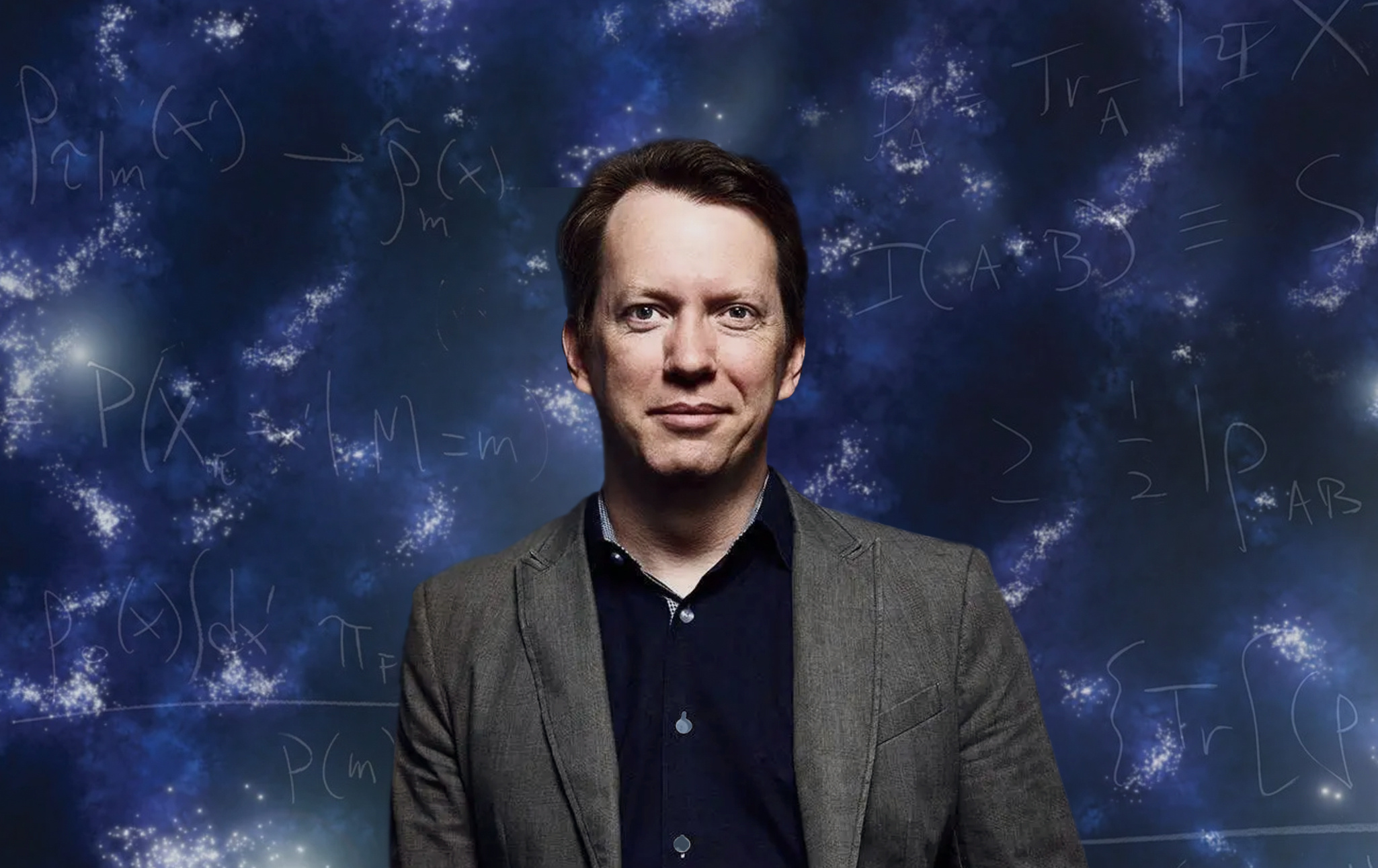Breaking Barriers: Why Science Isn't Just for Nerds Anymore

In a world increasingly shaped by technological advances and complex challenges, science and the scientific method are far more than abstract academic pursuits—they are powerful tools for understanding and navigating our daily lives. Sean Carroll, a renowned science writer and theoretical physicist, passionately argues that scientific thinking is not confined to laboratories but is a fundamental approach to comprehending our world.
Carroll emphasizes that the scientific method is essentially a sophisticated problem-solving technique. It's about asking questions, forming hypotheses, gathering evidence, and continuously refining our understanding. This approach isn't just for researchers in white coats; it's a mindset we can all adopt to make more informed decisions and critically examine the information bombarding us daily.
From evaluating health claims to understanding climate change, from making personal choices to interpreting news and media, scientific thinking offers a robust framework for rational analysis. It teaches us to be skeptical, to demand evidence, and to recognize that our knowledge is always evolving. Carroll believes that embracing this approach can help individuals become more discerning, adaptable, and intellectually curious.
By demystifying scientific principles and showing how they relate to everyday experiences, Carroll bridges the gap between complex academic research and public understanding. He argues that science is not about absolute certainty, but about a continuous process of learning, questioning, and refining our understanding of the world around us.
Ultimately, scientific thinking is a powerful lens through which we can view and interact with our complex, ever-changing reality—a tool that empowers us to think more critically, make better decisions, and approach challenges with curiosity and rigor.
